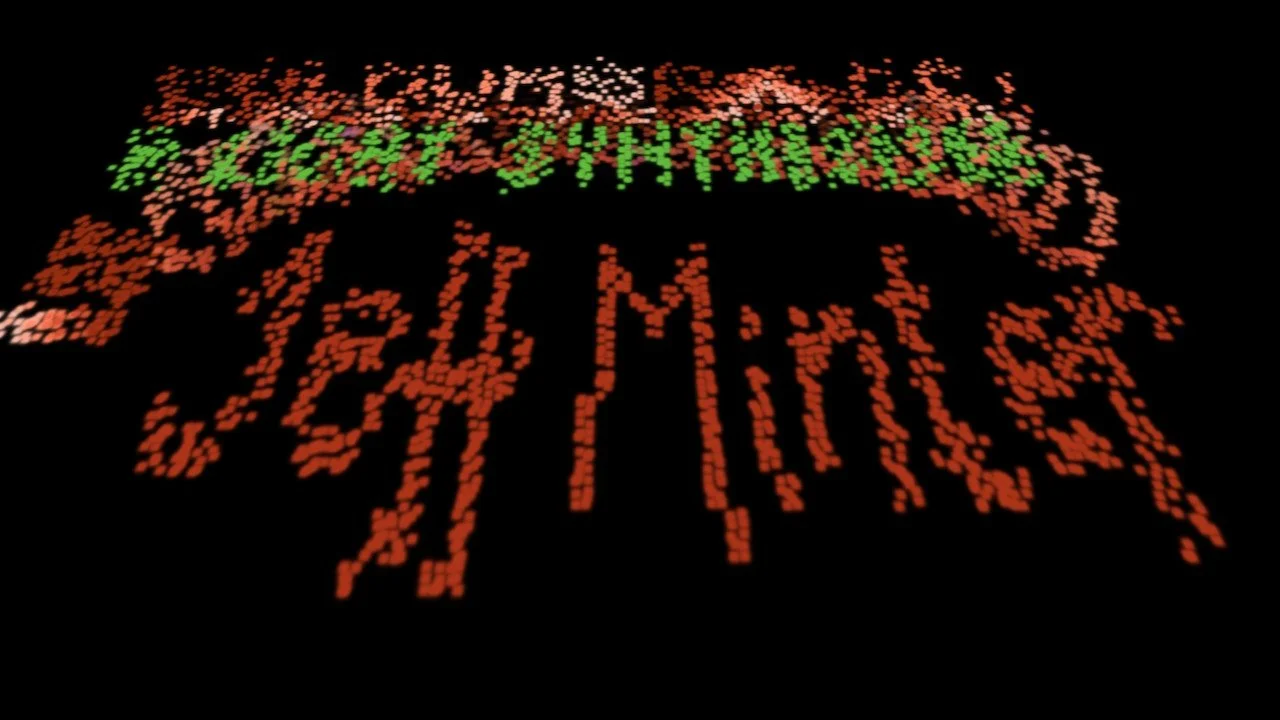Review: Replay, by Jordan Mechner
Nate Schmidt, Managing Editor
Replay: Memoir of an Uprooted Family, by Jordan Mechner, Macmillan, 320 pp., $29.99.
Here’s how the story goes: at some point in the early twentieth century, one of my mother’s ancestors changed his surname from Tomaszewski to Thompson. According to family legend, somebody told him that it would be easier to get a job in Chicago if he Anglicized his Polish last name. Some record somewhere also says that her family came to the United States from Lithuania, so whoever we were, we seem to have moved quite a bit from the beginning, traveling around eastern Europe as it suited us before somebody decided to hop the pond. The dates are probably wrong, but I felt a bit like I was meeting my family when I first read Upton Sinclair’s novel The Jungle, a heartbreaking story of a working-class Lithuanian family trying to find their place in Chicago in the early 1900s. Every family is a palimpsest, with each new layer papering over the others, burying every trace except for the ones that somebody bothered to copy down on a clean page. Jordan Mechner may be most famous as the creator of The Prince of Persia, but his new graphic memoir is not ultimately about making video games. It’s about peeling back those layers of time, memory, and identity to figure out where the stories that made you in the past intersect with the stories that shape your future.
Replay: Memoir of an Uprooted Family answers the question, “When you find your grandfather’s meticulously typewritten life story, what do you do with it?” Obviously, you don’t throw it away — but do you stick it in a box and move that box around with you every time your own life shifts into a new geographical space? Do you digitize it and leave it on a server somewhere, hoping your own children will come back to it someplace down the line? Well, if you’re already a highly regarded graphic novelist and game developer, you have some options that not everybody else has: you can do those first two things, but you can also illustrate it, engage with it, and publish portions of it that explain the sometimes-uncanny ways in which it dovetails with your own experience.
Replay is a much better book than a simple recounting of Mechner’s career in gaming would have been. (Also, Digital Eclipse already has Karateka covered, in the coolest way possible.) It includes Mechner’s “Ten Tips for Game Developers,” but the most impactful parts of the story highlight the points of convergence between his life and the lives of his father and grandfather. His grandfather fled Nazi persecution in Austria for France, starting a harrowing series of events that eventually, through countless narrow escapes, brings the family to the United States. At the opening of Replay, Mechner is considering a move in the other direction, back towards France. Where some people might simply see a coincidence, Mechner sees an interconnected story of love, movement, and the difficult task of keeping a family together across time and space.
This story only makes sense in the medium Mechner has chosen for it; without the ability to render each timeline in a different color, it would be difficult to follow, especially since his father appears both as a child and as an adult. Sections that focus on Mechner’s grandfather are in a kind of sepia-toned grayscale, marked with angry splashes of red each time the Nazis intervene. The middle section, which dates from about the Karateka days in the 1980s into the early 21st century, is told mostly in blue tones, and the part that passes for the “present day” is denoted by a warm shade of yellow. This color scheme allows Mechner to rapidly transition between timelines, sometimes telling parts of all three stories on the same page. If the effect is a little overwhelming at times, well, so is family history.
However, by writing a graphic memoir, Mechner has also entered a fairly crowded field that hosts legendary titles like Alison Bechdel’s Fun Home, Marjane Satrapi’s Persepolis, Tom Hart’s deeply affecting Rosalie Lightning, and Nate Powell’s lavishly illustrated Save It for Later. Mechner’s art style for Replay actually reminded me a bit of Fun Home; faces and facial expressions are rendered in a few simple lines that give the reader space to fill in the blanks with their own perceptions of the characters’ feelings and motivations, while backgrounds are rendered in more explicit detail. This apparent simplicity makes the sections when the art finally bears the most narrative weight stand out, and even though Mechner’s prose is engaging, some of the most memorable moments are when the narrative voice goes silent. Because each section is so closely interlinked, the reader is often balancing multiple narrative tensions at once. When will his father and grandfather get to join the rest of the family across the Atlantic? How is this apparently insurmountable limitation on the Apple II going to get resolved? What effect is his present-day move to France going to have on his struggling marriage? The reader is never lacking a question that pulls them on to the next page.
As you might imagine, though, one of these timelines brings more narrative urgency with it than the others: the story the Jewish Mechner family escaping from the Nazis. In the present-day timeline, Jordan Mechner experiences of the triumphs and tragedies of game creation, and the possibility of divorce that is raised early in the book leads to some profound and heartrending moments later on, but the part of the book that unfolds in the present does not always carry the same narrative urgency as the part that unfolds in the past. In a way, though, that’s what being part of a family is about—not comparing your life with the lives of those who have come before you, but crafting narratives that test out ways you might reckon with the unruly echoes of history.
Replay is not an easy book to categorize. Readers who are mostly interested in seeing the labor of game development portrayed in detail are going to get a larger, more complicated story than they’ve bargained for. On the other hand, those who are most interested in tense historical drama may sometimes feel distracted when the different layers of the story intertwine within a single page or two. But if you can let this book be what it is—neither a chronicle of game development nor a straightforward historical drama—you will experience the joy of reading a story that is more than the sum of its parts: a thorough examination of the ties that bind us to all that came before.
Macmillan provided a review copy of this book. As usual for GwG, PR played no part in the resulting writing or publication of this review.


